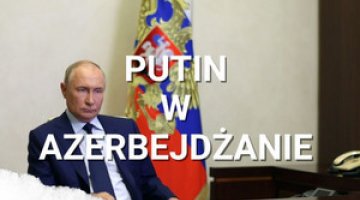Analyses
The Russian government’s inconsistent policy towards investors
On 25 March, the Russian government commission for supervising foreign investments approved the relaxation of restrictions on foreign capital’s access to the extraction sector. This is another decision by the Russian government in recent weeks which is aimed at improving the investment climate in Russia. However, the potential effectiveness of the approved amendments is undermined by the Russian government’s other activities, which are blocking the functioning of private capital in Russia.
The commission endorsed the amendments to the law on conditions for foreign investors’ access to sectors of strategic importance for the Russian economy (including the extraction, pharmaceutical, food and banking industries). In accordance with these amendments, foreign investors will have the opportunity to purchase (without the need for approval of transactions by the Commission and the anti-monopoly service) up to 25% of the shares (previously 10%) in extraction enterprises. Parliament should accept these amendments in the next few weeks. This February, the Russian government also permitted foreign capital to take over Russian private banks without the commission’s consent. In addition, work is ongoing on establishing a Russian investment fund (the state intends to provide as much as US$10 billion for this purpose) from which projects with foreign investors are to be co-financed.
These facilitations which the Russian government has introduced for foreign investors are intended to make the flow of foreign capital to Russia more dynamic; in the past two years, the Russian Federation recorded a decline in direct foreign investment to below US$40 billion (in 2008, this figure stood at US$75 billion). However, attaining this goal will be difficult, due to the inconsistency in Russian policy. While introducing changes which favour foreign investors, the government is also making it harder for foreign car companies to operate on the Russian market; contrary to the privatisation agreements with investors, Moscow is using administrative means to halt the increase in energy prices in 2011, and is planning to increase the tax burden on petroleum companies. <Iwo>




